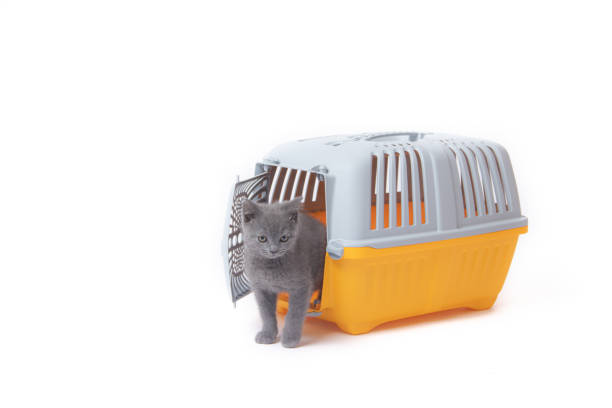Pregnancy And Cat Litter: How To Stay Safe.
Wiki Article

Expecting a child is a joyous occasion, however it also features a myriad of obligations and considerations, specifically for pet owners. Amongst the many issues that arise throughout pregnancy, one that often flies under the radar is the concern of cat litter. While seemingly harmless, cat litter can position threats to pregnant women and their coming babies if not dealt with properly. In this short article, we look into the vital information every expectant mother who owns a feline ought to understand to ensure a safe and healthy pregnancy.
The main worry about cat litter during pregnancy depends on its association with toxoplasmosis, a parasitic infection brought on by the Toxoplasma gondii parasite. Cats, especially those who hang out outdoors, can become infected with this parasite by searching and consuming contaminated prey or by entering contact with infected soil. Once infected, felines can shed the parasite in their feces for a quick period, usually one to 2 weeks, which is when they become carriers of the disease.
Toxoplasmosis itself may not trigger any symptoms in healthy individuals, but it can have extreme effects for pregnant women and their unborn infants if contracted throughout pregnancy. The parasite can be transmitted to humans through unintentional consumption of infected feline feces, soil, or undercooked meat containing the parasite's cysts. In pregnant women, toxoplasmosis can result in miscarriage, stillbirth, or hereditary specials needs in the baby, such as hearing loss, vision impairment, or intellectual disabilities.
Provided the prospective risks related to toxoplasmosis, pregnant females are often advised to take precautions when handling cat litter. Here are some important steps to reduce the threat of infection:
If possible, ask a partner, member of the family, or good friend cat litter robot to take over the task of cleaning the litter box during pregnancy. This decreases direct exposure to cat feces, reducing the danger of infection.
If you should clean the litter box yourself, wear disposable gloves and a mask to prevent direct contact with the feces and inhalation of airborne particles.
Ensure the litter box is cleaned daily. The Toxoplasma gondii parasite requires a period of one to 5 days to end up being infectious after being shed in feline feces. Prompt removal of feces minimizes the opportunity of transmission.
After managing cat litter or cleaning up the litter box, clean your hands completely with soap and water to get rid of any possible contamination.
Refrain from gardening or dealing with soil, particularly without gloves, as it may contain cat litter box with lid Toxoplasma gondii Litter Box Mats cysts from cat feces.
To reduce the risk of contracting toxoplasmosis from food, make sure all meat is prepared completely to kill any parasites present.
n addition to taking safety measures when dealing with cat litter, pregnant women might also consider changing to alternative litter options that posture very little danger. Here are some alternatives to traditional clay-based cat litter:
Silica gel litter is extremely absorbent and efficiently controls smell. It postures a lower threat of harboring parasites compared to clay-based litter.
Litters made from natural materials such as recycled paper, wood pellets, or corn are eco-friendly and eco-friendly. These litters are normally considered safe for pregnant females to manage.
Litters originated from plant-based materials like wheat, corn, or pine use an environmentally friendly alternative to standard clay litter. They are complimentary from hazardous chemicals and are safe for pregnant females and their pets.
Similar to any concerns throughout pregnancy, it's essential to consult your doctor for tailored advice and suggestions. If you have any questions or uncertainties concerning cat litter and its potential threats, don't hesitate to discuss them with your obstetrician or midwife. They can supply guidance customized to your individual scenarios and help relieve any concerns you might have.
While owning a cat can bring tremendous delight and friendship, it's important for pregnant females to be familiar with the prospective threats associated with cat litter and take proper precautions to secure their health and the health of their unborn child. By following basic standards and seeking guidance from healthcare suppliers, expectant mothers can navigate this aspect of pet ownership securely and enjoy a stress-free pregnancy along with their feline companions.